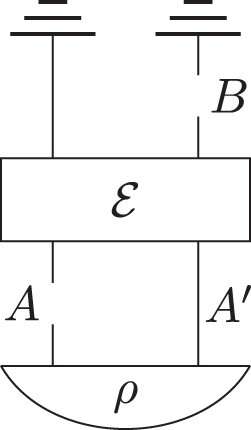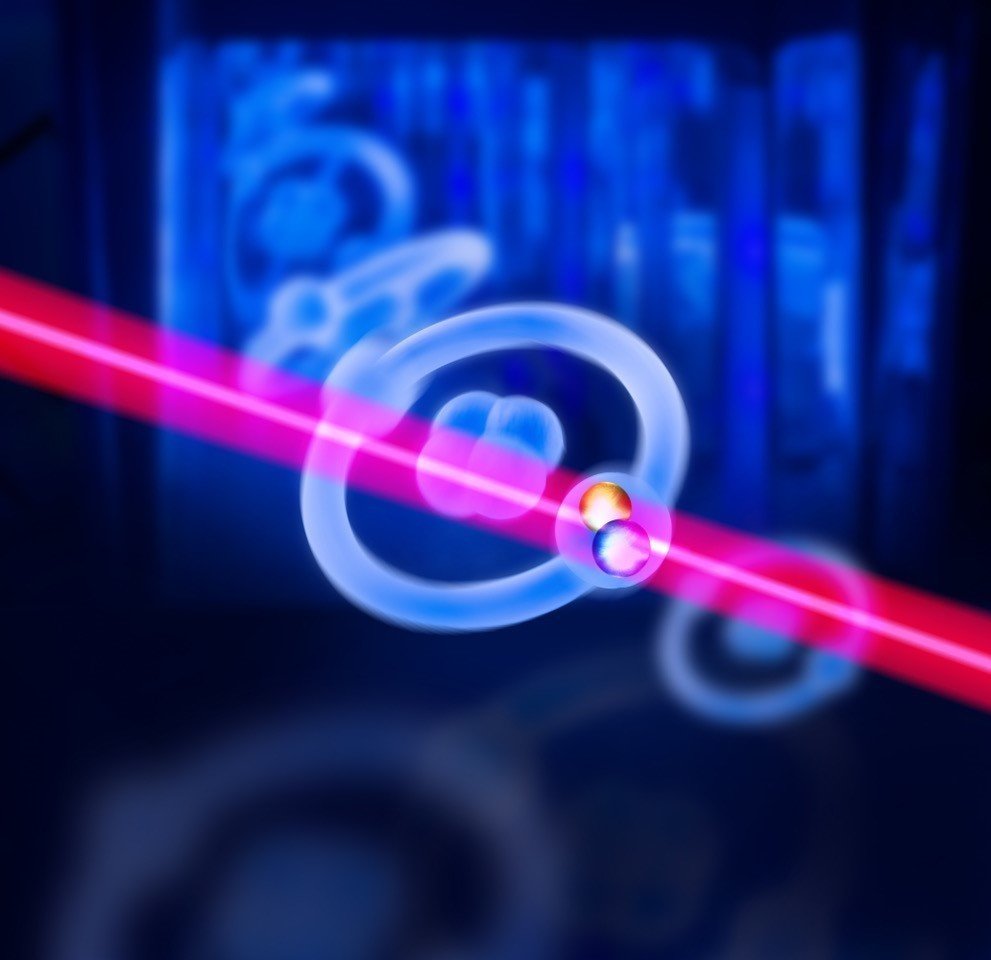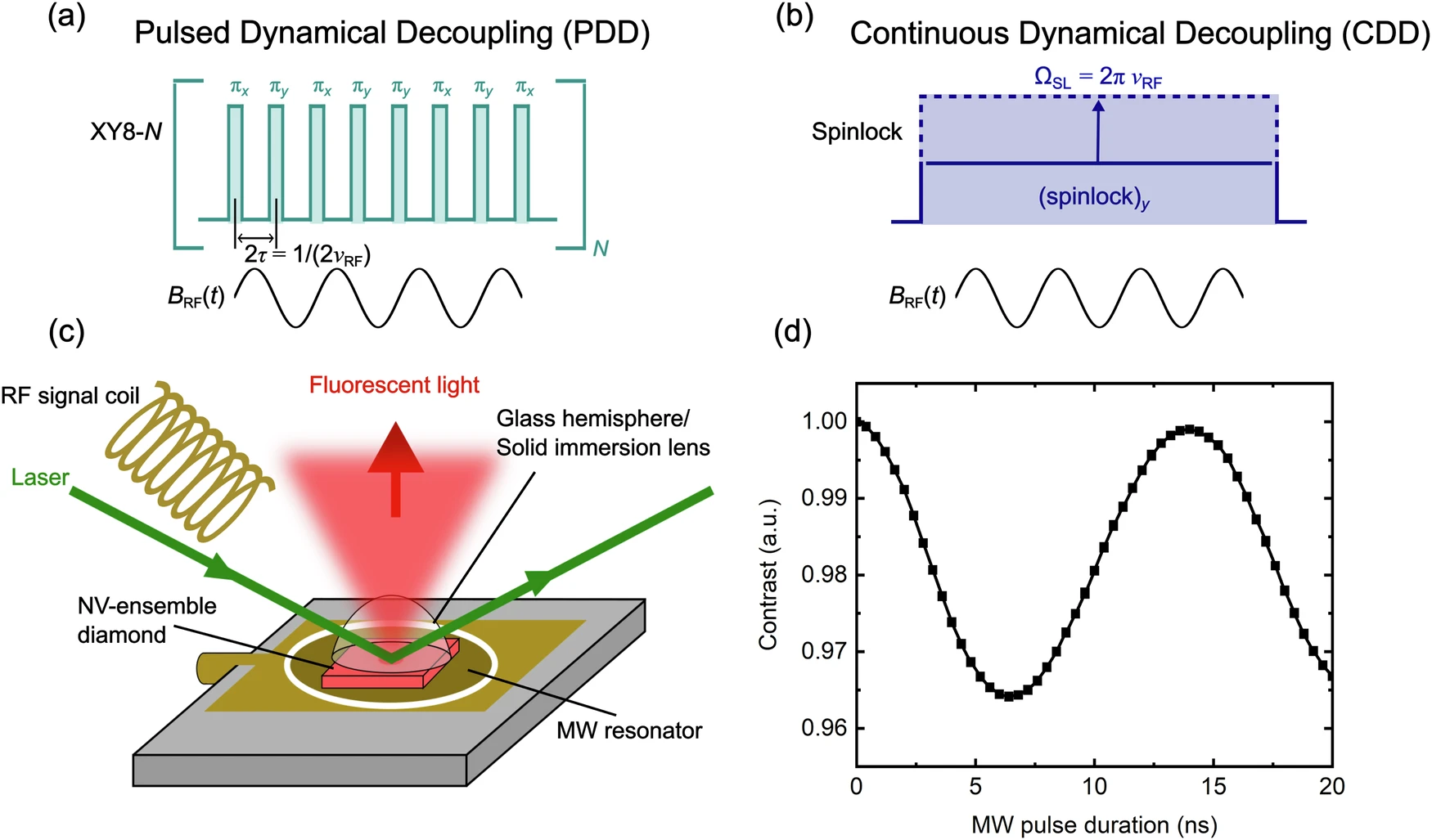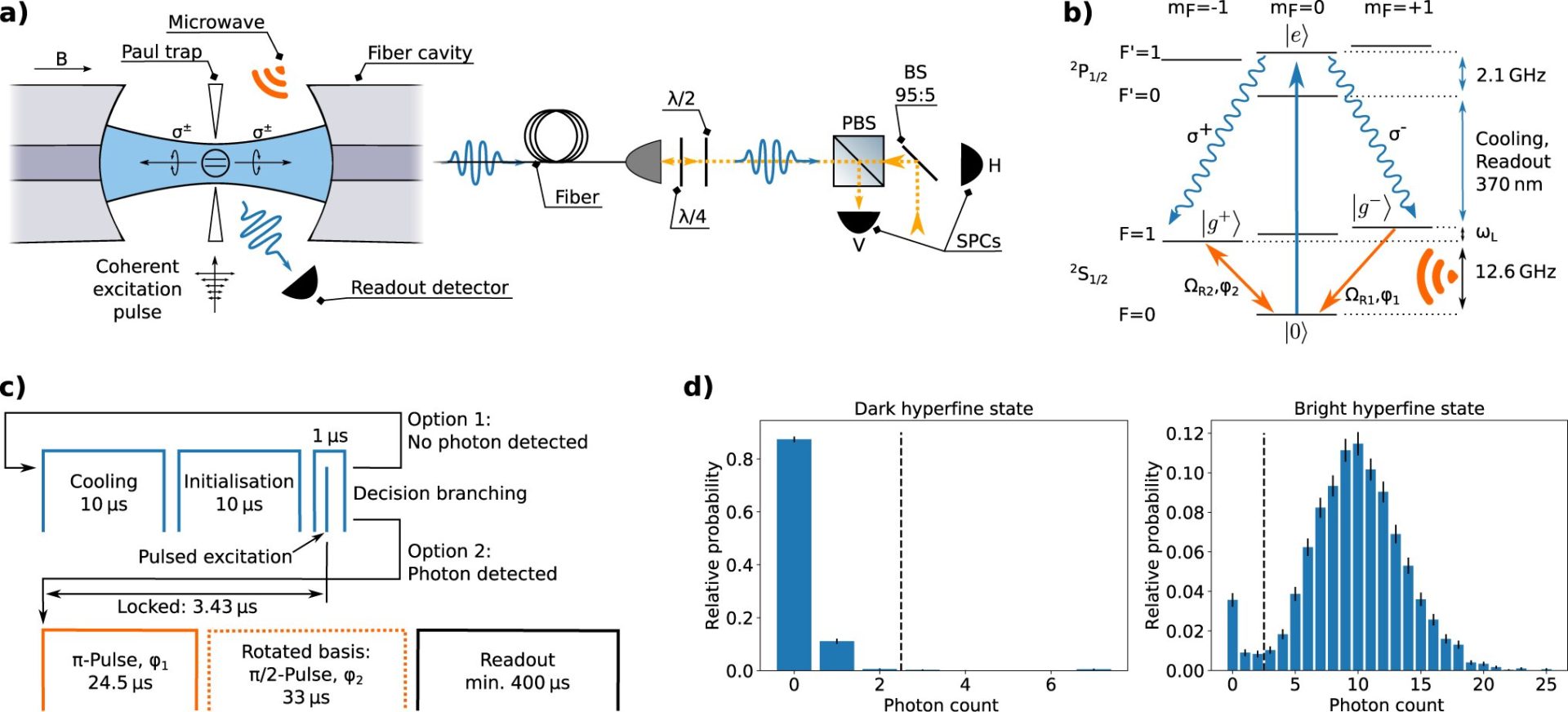
Researchers from the University of Oxford and the Université libre de Bruxelles have developed a theory of causality in quantum theory, according to which cause-effect relations can sometimes form cycles.
This theory offers a novel understanding of exotic processes in which events do not have a definite causal order.
One of the ways in which quantum theory defies classical intuitions is by challenging our ideas of causality. Quantum entanglement can be used to produce correlations between distant experiments that are known to evade satisfactory causal explanations within the framework of classical causal models. Furthermore, a unification of quantum theory and gravity is expected to allow situations in which the causal structure of spacetime is subject to quantum indefiniteness, suggesting that events need not be causally ordered at all.
The team has developed a theory of causality in quantum theory, in which causal concepts are defined in intrinsically quantum terms rather than pertaining to an emergent classical level of measurement outcomes. This has offered a causal understanding of the correlations produced by entangled states. Now, they have generalized the theory to allow causal influence to go in cycles, providing a causal understanding of processes with events in indefinite causal order. (Phys.org)
The study has been published in Nature Communications.
The post Quantum causal loops appeared first on Swiss Quantum Hub.




